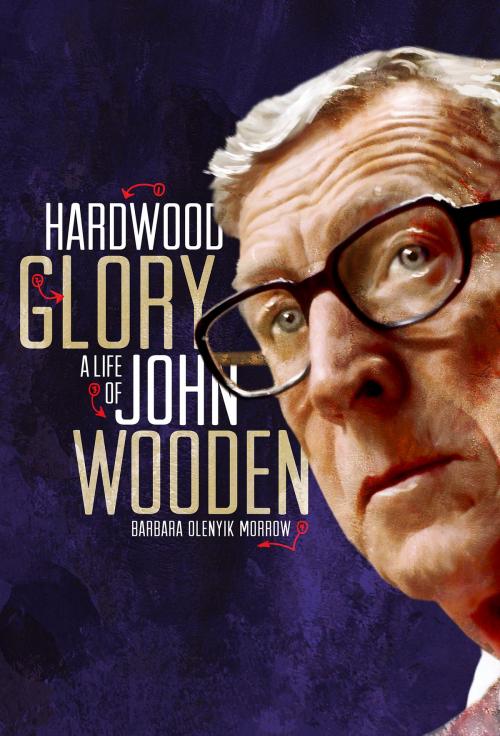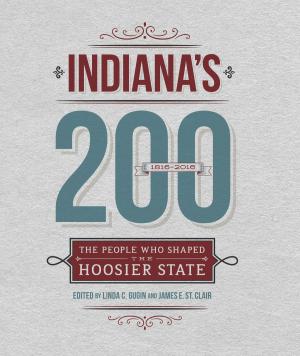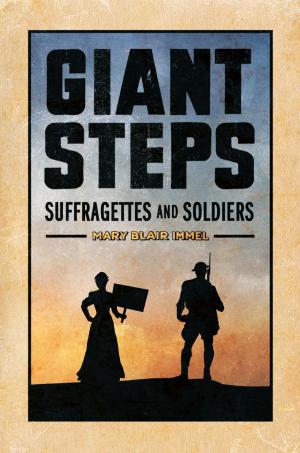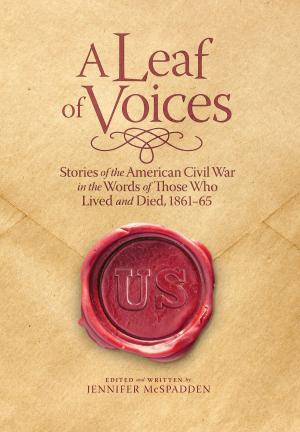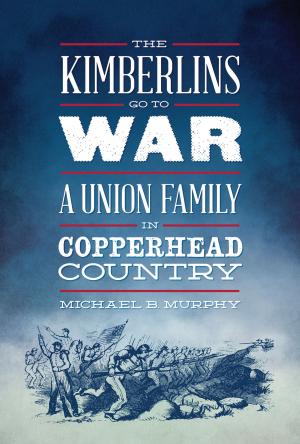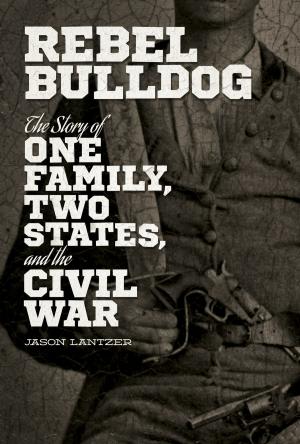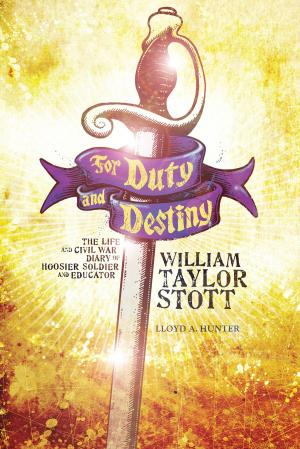Hardwood Glory
A Life of John Wooden
Kids, Sports and Recreation, Basketball, People and Places, Biography, Non-Fiction, Historical, Nonfiction, Sports| Author: | Barbara Olenyik Morrow | ISBN: | 9780871953827 |
| Publisher: | Indiana Historical Society Press | Publication: | March 6, 2015 |
| Imprint: | Indiana Historical Society Press | Language: | English |
| Author: | Barbara Olenyik Morrow |
| ISBN: | 9780871953827 |
| Publisher: | Indiana Historical Society Press |
| Publication: | March 6, 2015 |
| Imprint: | Indiana Historical Society Press |
| Language: | English |
The tenth volume in the Indiana Historical Society Press’s celebrated Youth Biography Series examines the life of a man who helped define college basketball in the twentieth century and became an icon of American sports—John Wooden. He was born in the small Indiana town of Martinsville near the start of the last century. His claim to fame came first as an accomplished athlete, helping his high school basketball team compete in three state championship games, then earning All-American honors three times in his home state as a starting guard at Purdue University. After briefly teaching high school English and coaching several sports in Dayton, Kentucky, Wooden returned to Indiana, where he launched a successful career coaching basketball at South Bend Central High School and later at Indiana State Teachers College (now Indiana State University) in Terre Haute. In 1948, at age thirty-seven, Wooden moved west, as did many Americans in the post-World War II era. He took over the head basketball job at the University of California at Los Angeles, a school with virtually no basketball tradition. He took his family and his coaching skills with him. He also took his midwestern values. For the next six decades he remained in Southern California, creating a basketball dynasty at UCLA and solidifying his place as one of the sporting world’s greats. When he died on June 4, 2010, at the Ronald Reagan UCLA Medical Center, he was four months shy of his hundredth birthday. Wooden’s success as a college coach was unprecedented and, in pure numbers, staggering. From 1964 to 1975, he led the UCLA Bruins men’s basketball team to ten National Collegiate Athletic Association national basketball championships, including seven in a row—a feat that may never be matched. During that string of championships, he coached the Bruins to four perfect 30–0 seasons, an NCAA men’s record that still stands. He also coached UCLA to an eighty-eight-game winning streak, yet another unrivaled men’s record. Over the course of his twenty-seven seasons at UCLA, he mentored All-Americans such as Kareem Abdul-Jabbar and Bill Walton, earned the respect of legions of players, and inspired countless would-be roundballers and coaches alike. These achievements put Wooden in the company of legendary coaches throughout the field of sports. Even in that elite company, he fared especially well. In 2009 Sporting News magazine asked more than one hundred coaches and sports experts to name the greatest coach of all time in any sport. Not surprisingly, coaching giants such as the Green Bay Packers’s Vince Lombardi, Notre Dame’s Knute Rockne, the Boston Celtics’s Red Auerbach, and New York Yankees’s Casey Stengel ranked in the top ten; Wooden stood at number one the list. Long before that ranking, however, awards and honors flowed Wooden’s way. In 1973 he was inducted into the Naismith Basketball Hall of Fame as coach, making him the first to be honored as both a player and a coach. (He received the honor as a player in 1960.) In 1977 college basketball’s annual player-of-the-year award was named for him. The NCAA bestowed its highest honor, the Theodore Roosevelt award, on Wooden in 1995. And in 2006 the National Collegiate Basketball Hall of Fame in Kansas City, Missouri, honored him as a member of the founding class, along with basketball inventor Doctor James Naismith. Accolades also poured in from outside the sports world. In 2003 President George W. Bush awarded Wooden the Presidential Medal of Freedom, American’s highest civilian honor. Two years later, Indiana bestowed on him its highest honor, the Sachem, an award recognizing a lifetime of excellence and virtue. In earlier decades, entities ranging from service clubs to faith-based organizations to universities rushed to salute not only his accomplishments but also his character.
The tenth volume in the Indiana Historical Society Press’s celebrated Youth Biography Series examines the life of a man who helped define college basketball in the twentieth century and became an icon of American sports—John Wooden. He was born in the small Indiana town of Martinsville near the start of the last century. His claim to fame came first as an accomplished athlete, helping his high school basketball team compete in three state championship games, then earning All-American honors three times in his home state as a starting guard at Purdue University. After briefly teaching high school English and coaching several sports in Dayton, Kentucky, Wooden returned to Indiana, where he launched a successful career coaching basketball at South Bend Central High School and later at Indiana State Teachers College (now Indiana State University) in Terre Haute. In 1948, at age thirty-seven, Wooden moved west, as did many Americans in the post-World War II era. He took over the head basketball job at the University of California at Los Angeles, a school with virtually no basketball tradition. He took his family and his coaching skills with him. He also took his midwestern values. For the next six decades he remained in Southern California, creating a basketball dynasty at UCLA and solidifying his place as one of the sporting world’s greats. When he died on June 4, 2010, at the Ronald Reagan UCLA Medical Center, he was four months shy of his hundredth birthday. Wooden’s success as a college coach was unprecedented and, in pure numbers, staggering. From 1964 to 1975, he led the UCLA Bruins men’s basketball team to ten National Collegiate Athletic Association national basketball championships, including seven in a row—a feat that may never be matched. During that string of championships, he coached the Bruins to four perfect 30–0 seasons, an NCAA men’s record that still stands. He also coached UCLA to an eighty-eight-game winning streak, yet another unrivaled men’s record. Over the course of his twenty-seven seasons at UCLA, he mentored All-Americans such as Kareem Abdul-Jabbar and Bill Walton, earned the respect of legions of players, and inspired countless would-be roundballers and coaches alike. These achievements put Wooden in the company of legendary coaches throughout the field of sports. Even in that elite company, he fared especially well. In 2009 Sporting News magazine asked more than one hundred coaches and sports experts to name the greatest coach of all time in any sport. Not surprisingly, coaching giants such as the Green Bay Packers’s Vince Lombardi, Notre Dame’s Knute Rockne, the Boston Celtics’s Red Auerbach, and New York Yankees’s Casey Stengel ranked in the top ten; Wooden stood at number one the list. Long before that ranking, however, awards and honors flowed Wooden’s way. In 1973 he was inducted into the Naismith Basketball Hall of Fame as coach, making him the first to be honored as both a player and a coach. (He received the honor as a player in 1960.) In 1977 college basketball’s annual player-of-the-year award was named for him. The NCAA bestowed its highest honor, the Theodore Roosevelt award, on Wooden in 1995. And in 2006 the National Collegiate Basketball Hall of Fame in Kansas City, Missouri, honored him as a member of the founding class, along with basketball inventor Doctor James Naismith. Accolades also poured in from outside the sports world. In 2003 President George W. Bush awarded Wooden the Presidential Medal of Freedom, American’s highest civilian honor. Two years later, Indiana bestowed on him its highest honor, the Sachem, an award recognizing a lifetime of excellence and virtue. In earlier decades, entities ranging from service clubs to faith-based organizations to universities rushed to salute not only his accomplishments but also his character.
